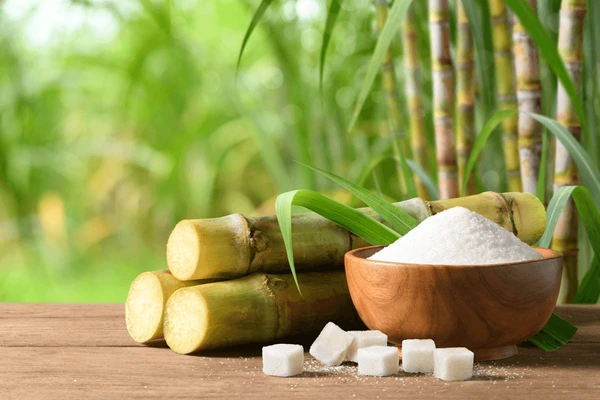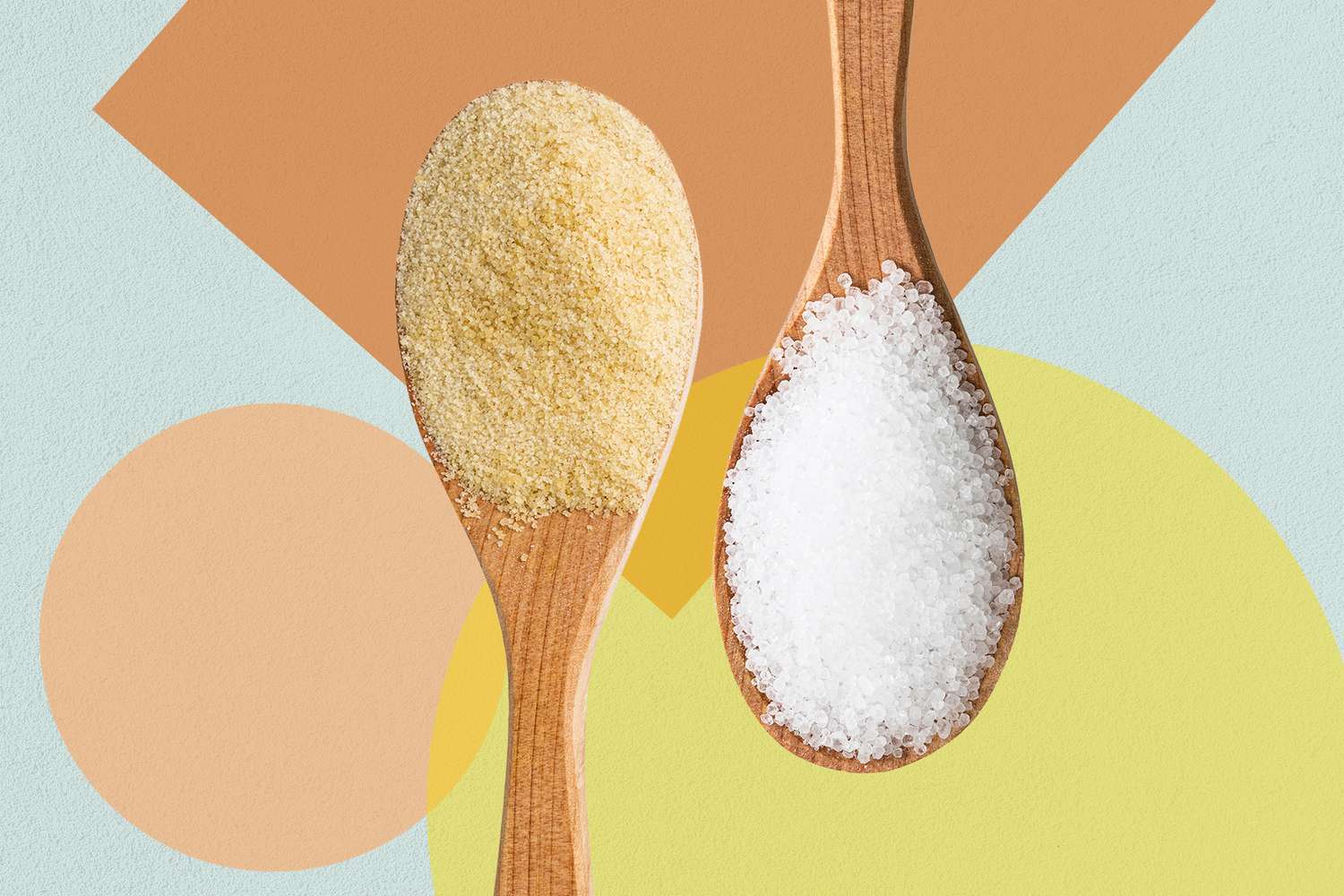Introduction
Is organic cane sugar healthy? In the quest for healthier eating, questions often arise about sweeteners, and one that stands in the limelight is organic cane sugar. This article aims to demystify the health aspects of this sweetener, exploring its origin, processing, and the impact it has on our well-being.
Understanding Organic Cane Sugar
Organic cane sugar is derived from the sugar cane plant, cultivated without synthetic pesticides or fertilizers. The term “organic” implies a commitment to sustainable farming practices that prioritize soil health and biodiversity. But does this translate to a healthier alternative to conventional sugar?
The Process Behind the Sweetness
1. Harvesting and Crushing: Nature’s Sweet Bounty
The journey begins in the fields where sugar cane is harvested, typically by hand to minimize environmental impact. The canes are then crushed to extract the juice, a process that has remained relatively unchanged for centuries.
2. Evaporation and Crystallization: Crafting Pure Sweetness
The extracted juice undergoes evaporation to remove excess water, leaving behind a concentrated syrup. Through a natural crystallization process, the syrup transforms into raw sugar crystals, retaining some of the natural molasses.

Is Organic Cane Sugar a Healthier Option?
1. Nutrient Content: A Dash of Minerals
Organic cane sugar retains some minerals present in the sugar cane plant, including iron, calcium, and potassium. While these quantities are minimal and should not be a primary source of these nutrients, they contribute to the sweetener’s slightly darker color and nuanced flavor.
2. Absence of Synthetic Additives: A Cleaner Sweet
Being cultivated organically means that organic cane sugar is free from synthetic pesticides and fertilizers. Choosing organic can reduce exposure to potentially harmful chemicals commonly associated with conventional sugar production.
Navigating the Controversies: Pros and Cons
1. Pros of Organic Cane Sugar
- Environmental Sustainability: Organic farming practices prioritize sustainability, promoting healthier soil and ecosystems.
- Reduced Pesticide Exposure: The absence of synthetic pesticides contributes to a cleaner, more environmentally friendly product.
2. Cons of Organic Cane Sugar
- Caloric Content: Like any sugar, organic cane sugar is calorically dense, and excessive consumption can contribute to health issues.
- Limited Nutrient Boost: While it contains some minerals, relying on organic cane sugar for nutrients is not a substitute for a balanced diet.
Conclusion: Is Organic Cane Sugar Healthy ?
In conclusion, the question of whether organic cane sugar is a healthy choice is multifaceted. While it offers certain advantages in terms of sustainability and reduced chemical exposure, it’s essential to consume it in moderation. Balancing sweetness with a diverse, nutrient-rich diet remains the key to a healthy lifestyle.
FAQs
1. Is organic cane sugar a low-calorie sweetener?
No, organic cane sugar, like any sugar, is calorically dense. While it may offer some minor nutritional benefits, it’s crucial to consume it in moderation as part of a well-balanced diet.
2. Can organic cane sugar be used as a direct substitute for refined sugar in recipes?
Yes, organic cane sugar can generally be used as a substitute in most recipes that call for refined sugar. However, keep in mind that it may alter the flavor slightly due to the retained molasses content.
3. Does choosing organic cane sugar contribute to a more sustainable food system?
Yes, opting for organic cane sugar supports sustainable farming practices, which, in turn, contribute to healthier soils, reduced environmental impact, and the overall well-being of ecosystems.


